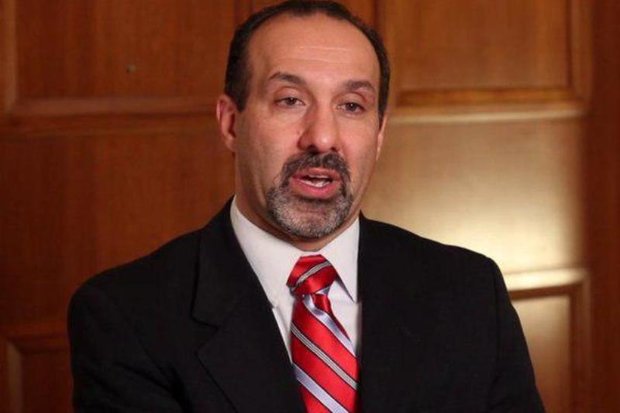Following is the text of the interview:
Turkish constitutional referendum ended up in Erdogan's claimed victory by the slimmest margins. The "yes" champagne narrowly won 51.4 percent of the vote against 48.6 for "No". What message might the referendum's weak result convey to Erdogan?
The results indicate the growing polarization of the Turkish society between Erdogan's supporters and opponents. The results convey to Erdogan that he is not universally popular and that indeed his measures are opposed by a sizeable segment of the Turkish electorate.
What might be the effects of "yes" vote victory on Erdogan's domestic policy?
Clearly, the president sees that he has the backing of the population for his domestic political reforms. The Turkish system has been steadily changing from a parliamentarian to a presidential system. This gives the president the approval to make the necessary changes to the system to make it an executive presidency like that of the United States or France.
Talking about the influence of "yes" vote victory on Erdogan's foreign policy, shall we expect him to take a more aggressive approach in the Middle East relying on the desired result?
I don't think so. Erdogan's foreign policy pursuits have been pretty aggressive so far, very proactive, and often erratic. I don't think these will change any time soon, nor do I think Turkey's foreign policy will necessarily become more aggressive as a result of the vote.
How will the "yes" vote shape Iran-Turkey relationship?
It is too early to tell. My sense is that there are a lot of other issues that are far more consequential and more important in influencing Turkish-Iranian relations: the Kurdish issue, Syria, Iranian gas exports, developments in the South Caucasus. Of these, it does not appear that the constitutional changes will have a noticeable impact on the very complex relations between the two countries.
US State Department spokesperson Mark Toner had a quite negative reaction to the referendum's result, saying The US is concerned over the level of democracy in its ally Turkey. It seems as if there has not been much improvement in The US-Turkey relationship since Trump took office. Shall we think of the non-improvement as the aftermath of political problems between two countries?
Mr. Toner should worry about democracy in the United States, not elsewhere. Since the attempted coup in Turkey last year, Erdogan has blamed the US for domestic instability in the Turkey and the fundamental nature of this relationship has not changed since Trump came to office. Also, with the likes of Putin, Trump, and Erdogan, it appears that we are entering a period in which the personality of political leaders has an important impact on the nature of relationships between countries. Both Trump and Erdogan have very strong personalities (as does Putin), and the resulting clash of personalities may have consequences politically.
Professor Mehran Kamrava is the Middle East Studies in Georgetown University of Doha.
Interview by Javad Heyrannia
























Your Comment